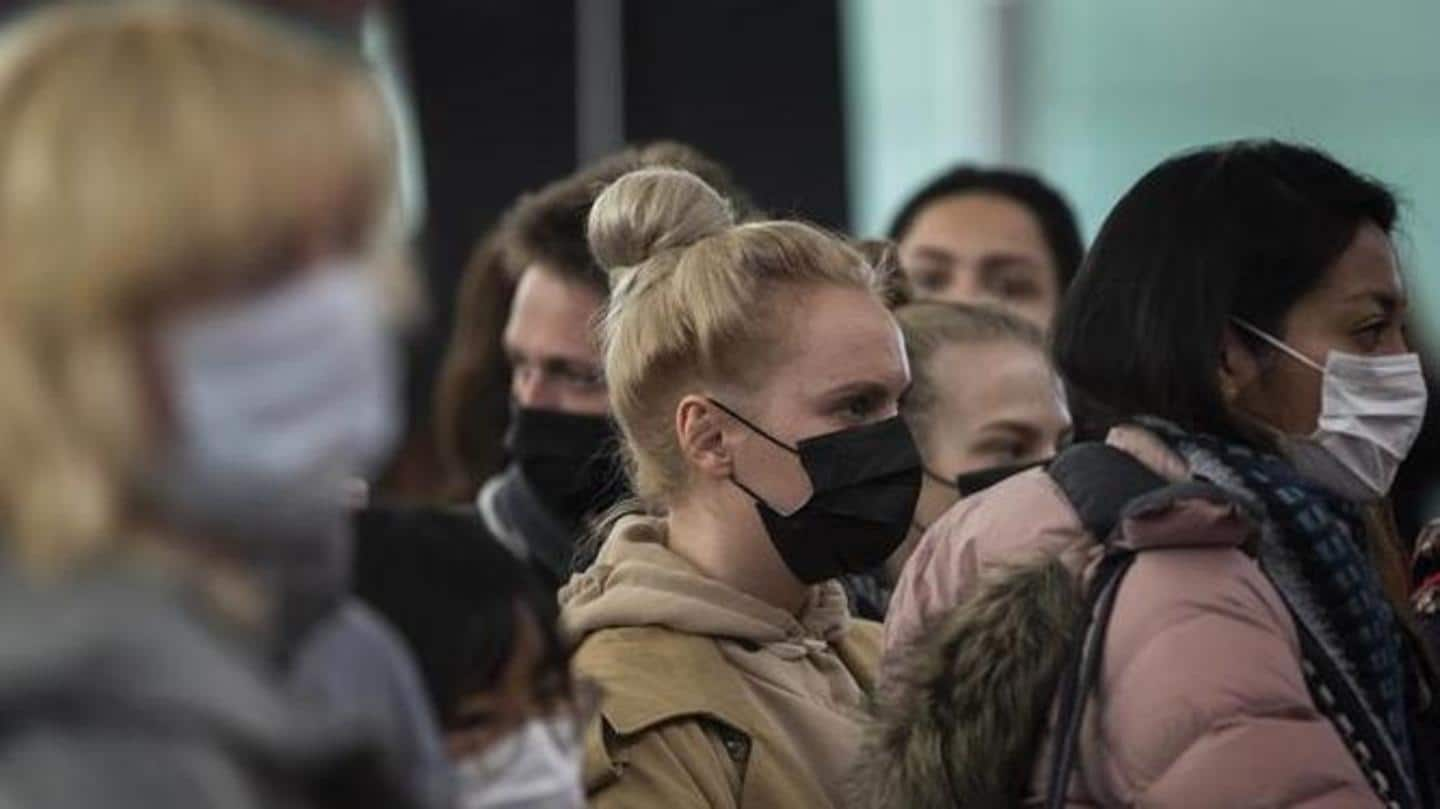
Coronavirus: Large-scale Spanish study finds only 5% people developed antibodies
What's the story
A large-scale study in Spain has found that only 5% of the population has developed antibodies against COVID-19.
This assumes significance as the concept of "herd immunity" relies on a large section of the population having immunity against a pathogen.
The findings also indicate that immunity against the novel coronavirus, called SARS-CoV-2, can be short-lived.
Here are more details.
Study
Study started back in April; nearly 70,000 tested
The study was conducted by Spain's leading government research and epidemiological agencies. It started in April and the first phase was conducted from April 27-May 11.
Nearly 70,000 participants were tested in two more phases. The results of the third and final phase were published in The Lancet.
It's said to be the largest serological study on COVID-19 undertaken by a European country.
Results
Only 5% population had antibodies
The first phase showed a nationwide antibody prevalence of 5%. In both the second and third phases, the antibody prevalence stood at 5.2%, the study's lead author Marina Pollán told CNN. Pollán is the Director of the National Center for Epidemiology.
Madrid—the hardest-hit by COVID-19—had over 10% antibody prevalence, while densely urban Barcelona had 7%. The coastal provinces had lower rates.
Information
14% participants, who earlier tested positive for antibodies, test negative
According to Reuters, 14% of participants who tested positive for antibodies in the first phase, tested negative in the final phase, indicating that immunity can be short-lived. The loss of immunity was common among those who never developed symptoms.
Implications
95% of Spain's population remains vulnerable to coronavirus
The findings mean that 95% of Spain's population remains vulnerable to the virus. Doctors are uncertain if having antibodies against the coronavirus means a person cannot be infected.
Pollán told CNN that 60% of seroprevalence might mean herd immunity.
The Lancet's commentary authors said the findings show "virus circulation can quickly return to early pandemic dimensions in a second wave once measures are lifted."
Quote
'Herd immunity difficult without accepting collateral damage of deaths'
Considering the intensity of the outbreak in Spain, The Lancet report stated, "At present, herd immunity is difficult to achieve without accepting the collateral damage of many deaths in the susceptible population and overburdening of health systems."
Quote
Herd immunity through natural infection 'unethical and unachievable'
The Lancet's commentary authors—Geneva Centre for Emerging Viral Diseases Head Isabella Eckerle and Geneva University virologist Benjamin Meyer—said, "In light of these findings, any proposed approach to achieve herd immunity through natural infection is not only highly unethical but also unachievable."
Dr. Raquel Yotti—Director of Carlos III Health Institute, which co-led the study—said, "We can't relax, we must keep protecting ourselves and protecting others."
Outbreak
Spain reports 2.51 lakh cases, over 28,000 deaths
Spain is among the countries worst-hit by the pandemic. As of Monday, Spain had reported 2,51,789 COVID-19 cases, the ninth-highest for any country in the world, including 78 new cases in the previous day. The death toll stood at 28,388 with no new deaths.
Since the outbreak has largely subsided, Spain had opened international borders earlier this month.
Information
Galicia and Catalonia recently imposed local lockdowns
However, in a clear indication that the outbreak is not over yet, the regions of Galicia and Catalonia imposed local lockdowns over the weekend after detecting small-scale outbreaks. The lockdowns impacted around 2.7 lakh people, according to Reuters.